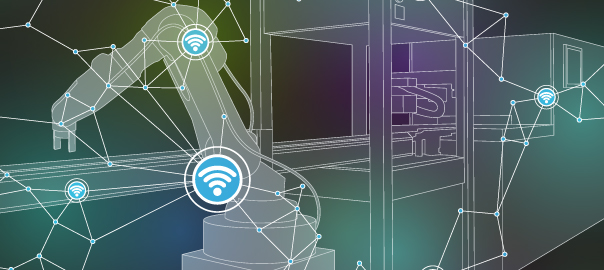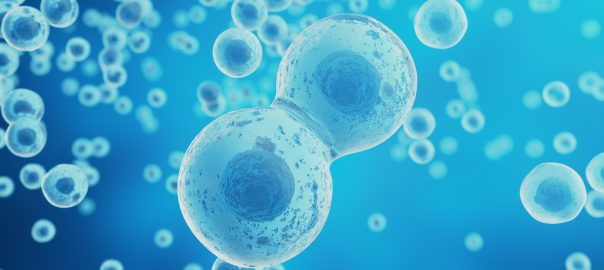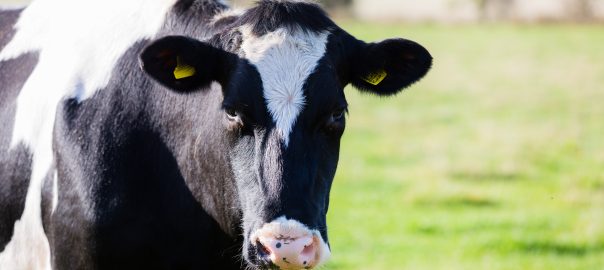“The business and academic community has set out a vision for much greater ambition needed for Britain to be a world leader in the fourth industrial revolution”.
Jürgen Maier
Thanks to the digitisation of nearly everything there are now vast quantities of data gathered by devices connected to the internet. I often notice them during my daily commute.
Prior to cycling through Newcastle I tap into local environmental sensors to see the latest info on air quality or weather data. On the road next to me I notice someone with a Fitbit or mobile phone strapped to their arm recording their heart rate, number of steps taken and how many calories they’ve burned.
If I catch the Metro or bus to work I will likely run into someone with a gadget I’ve never seen before, a new type of mobile phone, notebook, tablet or other digital device that’s streaming Netflix, or some other cloud based entertainment network. And if I get a lift from a friend I often spot a Tesla electric car or Nissan Leaf, both of which hook up to the national grid for charging, but could also potentially store energy for the grid as well. Continue reading The internet of things and the fourth industrial revolution


